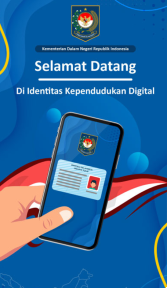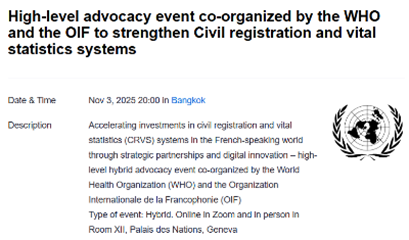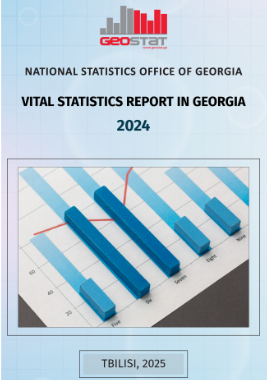Pacific Islands
Financial inclusion and digital transformation in the Pacific Islands are critically dependent on robust digital public infrastructure, with inclusive digital identity systems at the core. This necessitates developing foundational identity and digital ID systems, as exemplified by Samoa's World Bank-funded project. The absence of such infrastructure not only hinders financial inclusion but also limits economic growth by restricting trade and opportunities. Addressing this requires concerted regional collaboration. Partnerships with countries like Australia, which possess strong connections with global financial markets, can significantly support the development of low-risk digital identity systems in the Pacific, as evidenced by the Australian government's recent $3 million investment aimed at developing digital identity infrastructure and combating the debanking crisis in the region.
Please click here for the news article.
Papua New Guinea
Papua New Guinea launched its National Digital Identity Policy 2024, establishing SevisPass, a unified digital ID system for all citizens. This key initiative, led by the ICT Minister, aims to streamline government services, enhance transparency, and complement the recently launched eGovernment portal. The policy prioritizes inclusivity, aiming to improve access to essential services while addressing infrastructure and literacy challenges.
Please click here for the news article.
Thailand
The Digital Economy and Society Ministry has approved the second phase of Thailand's digital ID framework, which will run from 2025 to 2027. This phase aims to significantly increase the number of e-government services accessible with digital IDs, expanding from approximately 400 to 1,000. Notably, the framework will now include foreign residents and juristic entities, enhancing their access to digital services.
The Electronic Transactions Development Agency (ETDA) is responsible for implementing these plans, ensuring secure and compliant electronic transactions. The ETDA executive director, highlighted the importance of reliable digital ID verification for foreigners, a process that involves multiple agencies and is expected to be finalized next year. The Digital Government Development Agency (DGA) oversees the budget, prioritizing projects that enhance the use of digital IDs for accessing e-government services.
Click here for full article.
Republic of Korea
The Republic of Korea is set to launch a pilot program for mobile resident registration cards on 27 December. Led by the Ministry of Interior and Safety, this initiative aims to enhance citizen convenience and security by digitizing the identification process. The mobile ID, incorporating blockchain and encryption technology, will ensure data protection while streamlining access to government services.
Eligible citizens aged 17 and above can obtain a mobile ID by visiting local issuance offices and scanning a QR code or using an IC chip-embedded card. The pilot program, spanning two months across nine municipalities, will include the issuance of 468,000 free mobile IDs to first-time applicants.
Read full article here.












